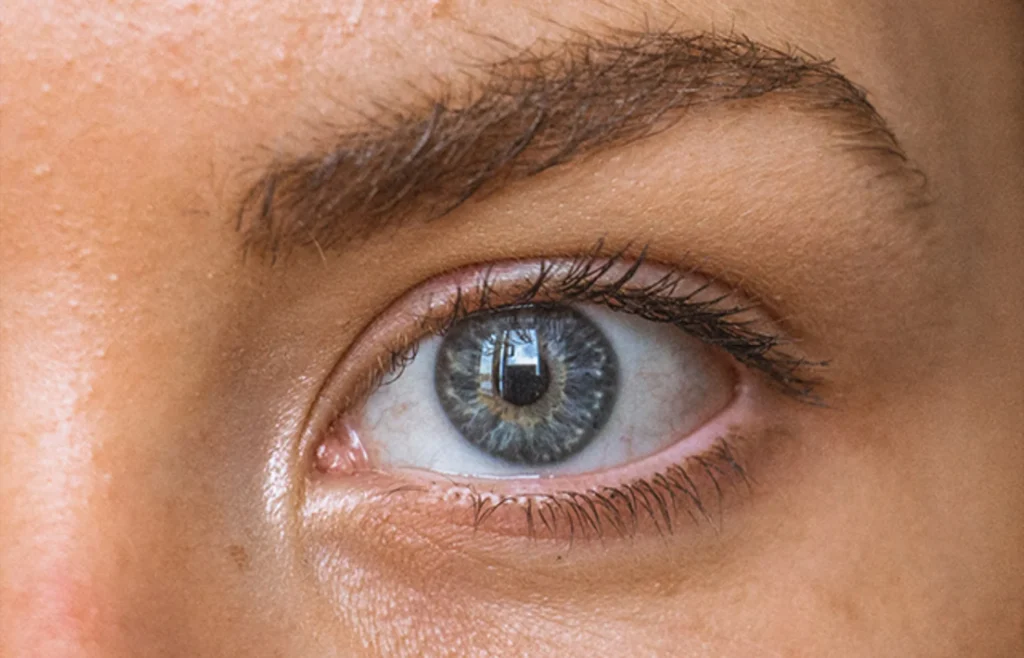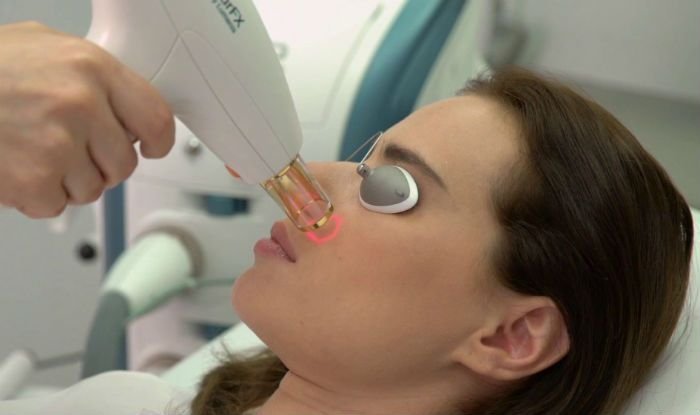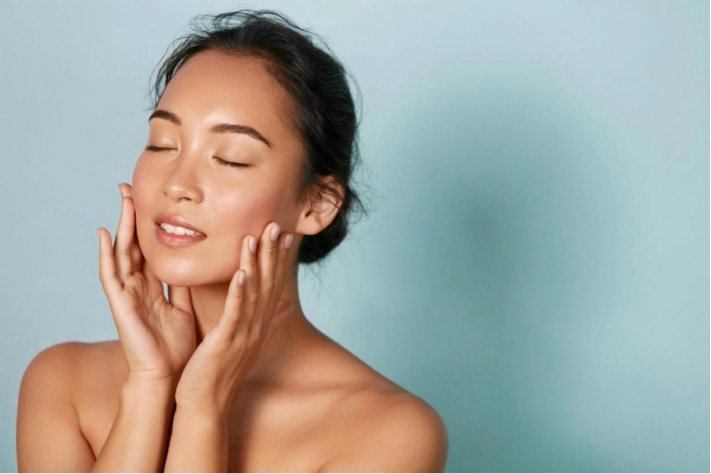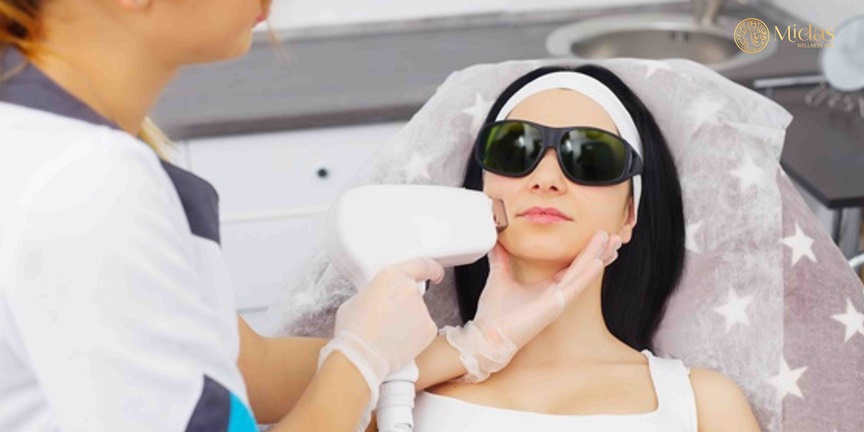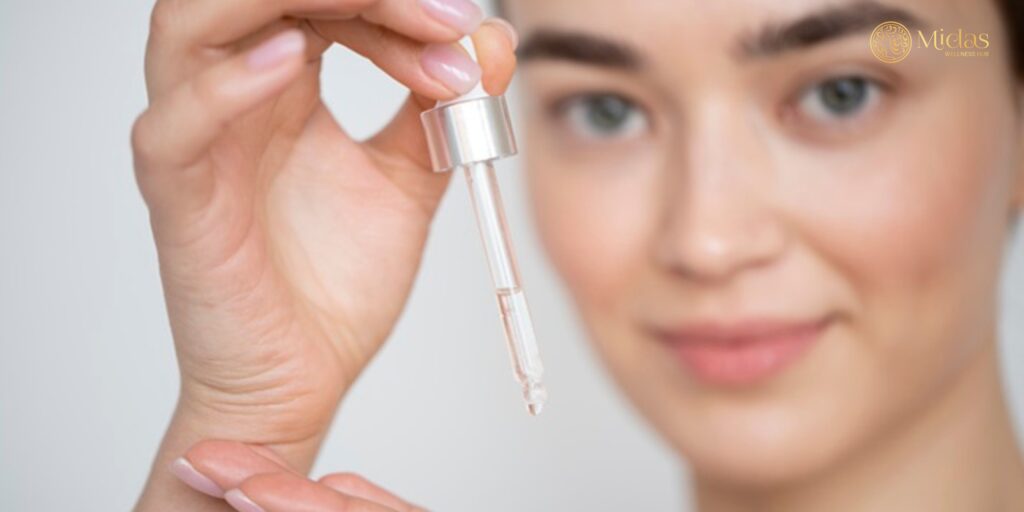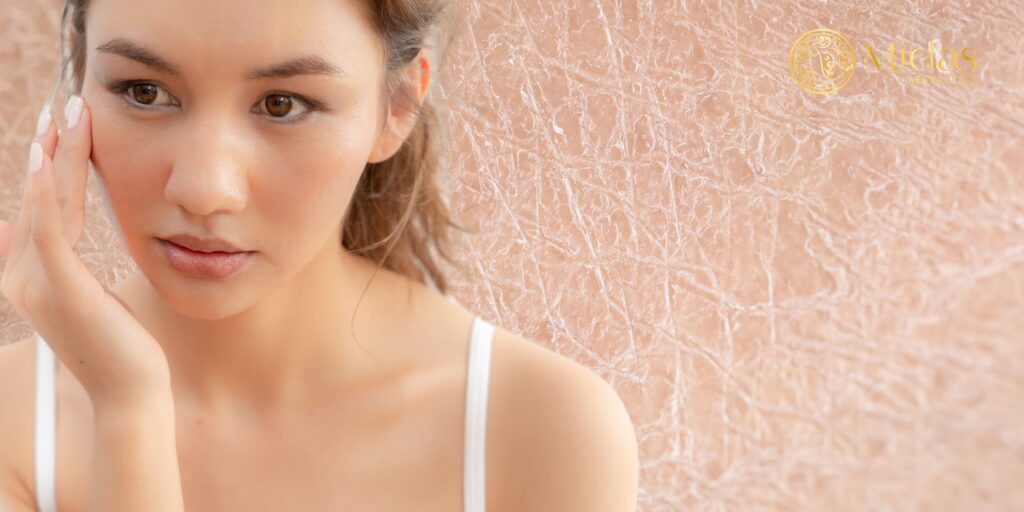
Acne During the Rainy Season: Tips for Dealing with Breakouts
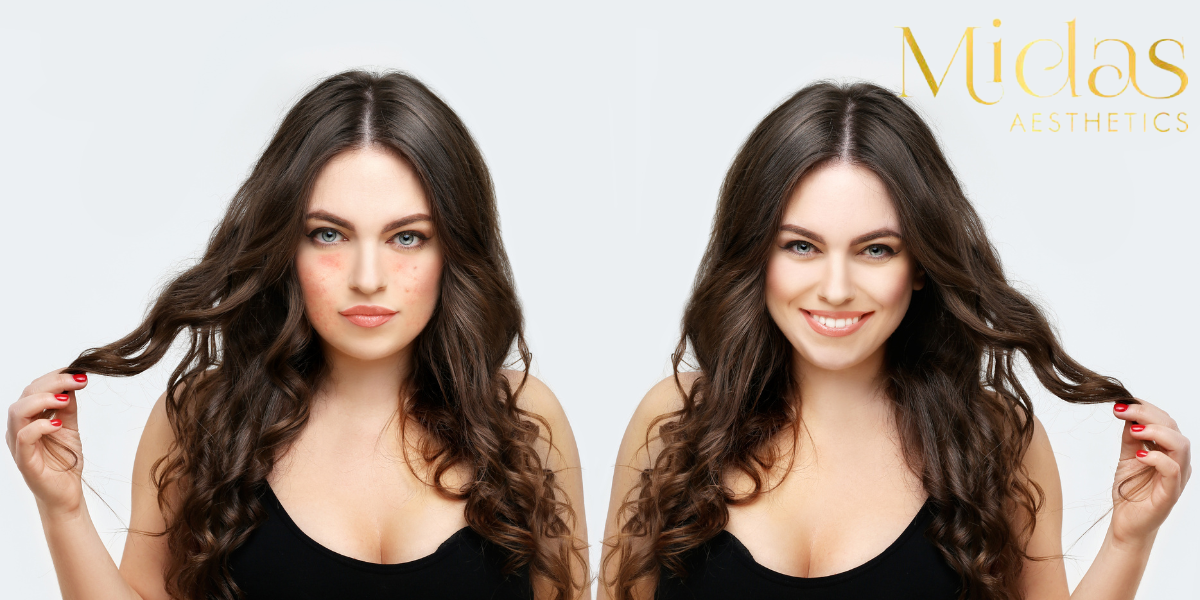
The rainy season brings relief from scorching heat and rejuvenates the environment, but for some, it also ushers in a season of skin woes. Acne during the rainy season can be a common problem, as the high humidity levels and increased oil production can lead to clogged pores and breakouts. If you find yourself battling with pimples during the rainy season, worry not! In this blog, we will explore effective tips and skincare treatments to help you deal with acne during the rainy season. Getting acne and pimples during the rainy season is quite common although it can make an individual too conscious about their appearance.
Acne-prone individuals often face insecurities regarding their physical appearance. Therefore one must seek clinical treatment if the clogged pores increase due to environmental factors. Additionally, rainwater can mix with environmental pollutants, resulting in a build-up of impurities on the skin’s surface. Understanding the impact of rainy weather on your skin is crucial to implementing the right strategies for acne treatment and prevention.
Dealing with Breakouts: Tips for Preventing Acne During the Rainy Season
By following the tips and recommendations in this blog, you can arm yourself with effective strategies to manage acne during the rainy season. Let’s delve into the world of skincare and discover the best ways to maintain a clear and healthy complexion during the rainy season:
-
Cleanse Your Skin Regularly
Cleansing your skin is essential to remove dirt, excess oil, and pollutants that can accumulate on your skin during the rainy season. Opt for a gentle cleanser that is suitable for your skin type and wash your face twice a day. Avoid harsh cleansers as they can strip away essential oils and disrupt the skin’s natural moisture balance.
-
Exfoliate to Remove Dead Skin Cells
Exfoliation plays a vital role in combating acne during the rainy season. Dead skin cells can accumulate on the surface of your skin, clogging the pores and leading to breakouts. Use a mild exfoliant once or twice a week to gently slough off dead skin cells and unclog your pores. However, be cautious not to over-exfoliate, as this can irritate your skin and worsen the acne.
-
Use Oil-Free and Non-Comedogenic Products
Opt for oil-free and non-comedogenic skincare products- that are formulated to avoid blocked pores during the rainy season. These products are formulated to avoid clogging the pores and aggravating acne. Look for labels that explicitly mention “oil-free” or “non-comedogenic” when choosing cleansers, moisturizers, and makeup products
-
Moisturize to Maintain Skin Hydration
Contrary to popular belief, moisturizing is crucial even if you have acne-prone skin. Rainy weather can be deceptively drying, leading to an overproduction of oil to compensate for the lack of moisture. To avoid this, use a lightweight, non-comedogenic moisturizer that provides hydration without clogging the pores. Look for ingredients like hyaluronic acid, which can help retain moisture in the skin.
-
Protect Your Skin from UV Rays
Don’t forget to protect your skin from harmful UV rays, even on cloudy days. Use a broad-spectrum sunscreen with an SPF of 30 or higher, and apply it generously to all exposed areas of your skin. UV rays can worsen acne and lead to post-inflammatory hyperpigmentation, so make sunscreen a non-negotiable part of your skincare routine.
-
Avoid Touching Your Face
During the rainy season, the humidity can make us feel sticky and sweaty. However, touching your face with dirty hands can transfer bacteria and impurities, exacerbating acne breakouts. Be mindful and avoid touching your face unnecessarily.
-
Stay Hydrated and Eat a Balanced Diet
Maintaining a healthy lifestyle can also contribute to clearer skin. Drink plenty of water to keep your body hydrated and help flush out toxins. Additionally, incorporate a balanced diet rich in fruits, vegetables, and lean proteins, as they provide essential nutrients that promote healthy skin.
-
Seek Professional Advice if Needed
If your acne during the rainy season persists or becomes severe, it’s advisable to consult a dermatologist. A dermatologist can assess your skin condition and recommend personalized acne treatments, such as prescription medications or professional treatments like chemical peels or laser therapy.
Dealing with acne during the rainy season requires a proactive approach to skincare. By understanding the impact of the rainy weather on your skin and adopting a suitable skincare routine, you can effectively manage breakouts. Remember to cleanse, exfoliate, use oil-free products, moisturize, protect your skin from UV rays, avoid touching your face, and maintain a healthy lifestyle. With these tips in mind, you can confidently enjoy the rainy season while keeping acne at bay.
Note: It’s important to remember that the information provided in this blog post is for general purposes only and should not replace professional medical advice. If you have specific concerns or persistent acne, consult a dermatologist for a personalized diagnosis and treatment plan.




